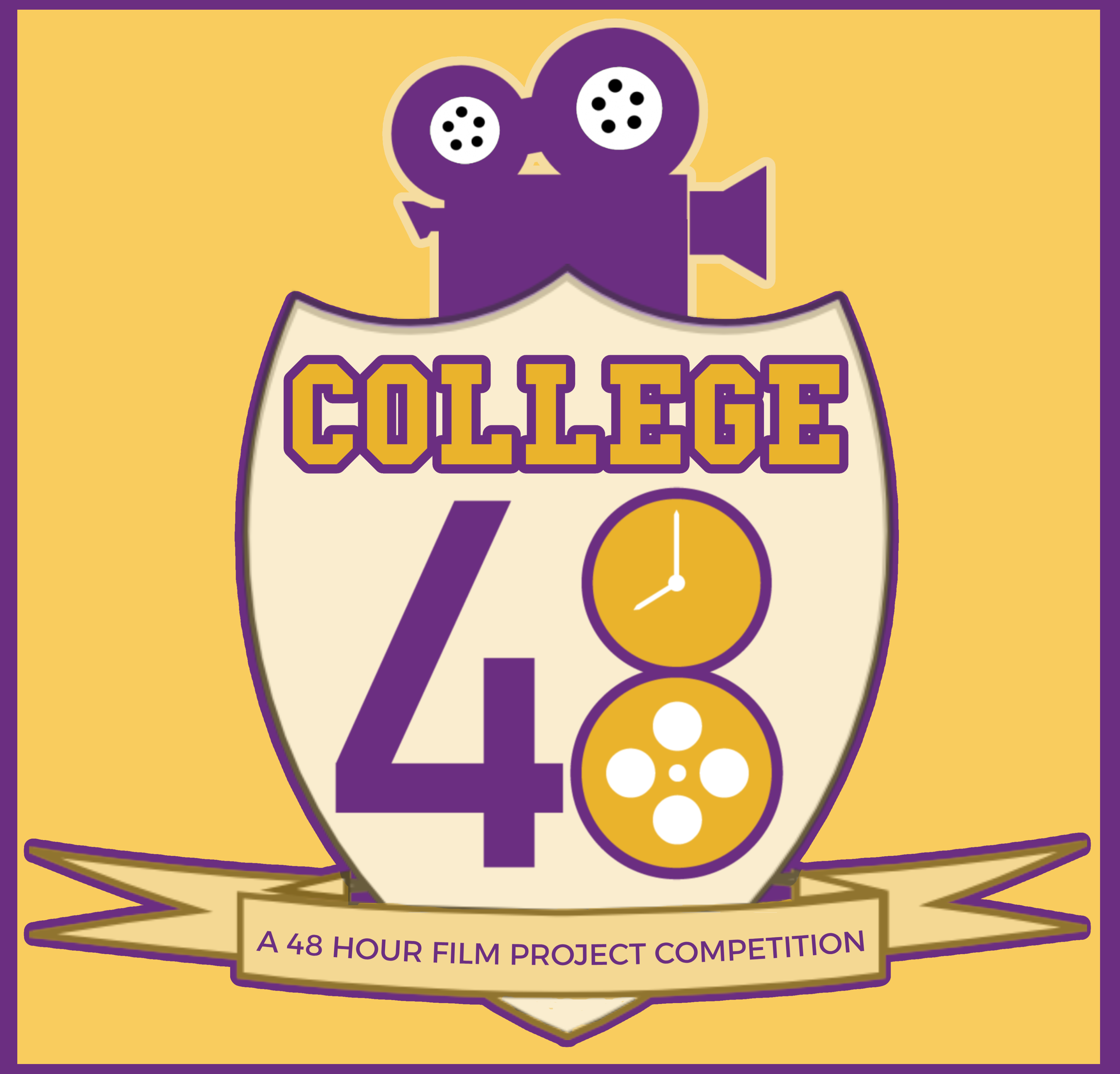Alabama 9
Listen to Alabama 9, a 60-year-old woman from Tuskegee, Alabama, United States. Click or tap the triangle-shaped play button to hear the subject.
Both as a courtesy and to comply with copyright law, please remember to credit IDEA for direct or indirect use of samples. IDEA is a free resource; please consider supporting us.
BIOGRAPHICAL INFORMATION
AGE: 60
DATE OF BIRTH (DD/MM/YYYY): 1942
PLACE OF BIRTH: Tuskegee, Alabama
GENDER: female
ETHNICITY: African-American (Black)
OCCUPATION: retired professional dancer
EDUCATION: university
AREA(S) OF RESIDENCE OUTSIDE REPRESENTATIVE REGION FOR LONGER THAN SIX MONTHS:
The subject attended university in Indianapolis, and spent a year in New York City and five years in Washington, D.C.
OTHER INFLUENCES ON SPEECH:
Her teachers in grade school and her parents, who insisted that she try to speak correct English, were major influences. She also traveled to Europe and traveled extensively in North America.
The text used in our recordings of scripted speech can be found by clicking here.
RECORDED BY: Daydrie Hague
DATE OF RECORDING (DD/MM/YYYY): 2002
PHONETIC TRANSCRIPTION OF SCRIPTED SPEECH: N/A
TRANSCRIBED BY: N/A
DATE OF TRANSCRIPTION (DD/MM/YYYY): N/A
ORTHOGRAPHIC TRANSCRIPTION OF UNSCRIPTED SPEECH:
I was born in Tuskegee, Alabama, June 22nd, 1942, a thousand years ago. And this was in, ah, Macon County, Alabama. Tuskegee is a very special town, I think. Ah, is 98 percent African-American. Most of the African-American people there were people who were educated, who had professional careers. They were doctors, lawyers, teachers, nurses. One reason is that, ah, Tuskegee University was there (started in 1881), and, and that the life of the black people in the town really centered around Tuskegee. The other thing is that we never had any industry of note there, so that, ah, unless you were maybe a farmer, there was nothing to do if you didn’t go to school, you know, go to college. And I’m talking about the period that I grew up in, you know, you know…’cause I was in high school in the fifties and I went to college in the sixties, right? My family, my father came to the area in the thirties, when he was thirteen years old. And he was a country boy. Came from Grove Hill, Alabama, and he came to Tuskegee to study at the institute at the time, you know. My mother came there in, um I think, ’39 as a nurse. And my father eventually worked at the veteran’s hospital there. My mother was working at the veteran’s hospital — that’s how they met. I also went to Catholic school. All the school were good, I think; but the Catholic school really was strong on teaching English and grammar. And Sister Clemenza was ferocious. And when I graduated from high school I went to Butler University in Indianapolis because I wanted to become a dancer. And, of course, ah, and my parents said I had to go to college they didn’t care what I decided I wanted to do, as long as I went to college. There was no opportunity to do that in, um, Tuskegee. And you have to remember that this was in the ’60s, everything was segregated and if there were opportunities anywhere around, I couldn’t take advantage of them. I couldn’t even come to Auburn ’cause it was, you know, I was black. Couldn’t come here. Ah, there were about four dance schools in the, in the country and I went to Butler University at the time. Now that’s in Indianapolis but I do know that I was a dance major surrounded by a whole cadre of very artistic and highly articulate people.
But when I left, um, Butler, I went to New York. I’d already been to New York. I would go to New York in the summer to study dance. Here was a little southern girl going to New York, you know, when I was like 15, 16. I also went to Pittsburgh, Pennsylvania some of those summers. Now, you know, Pittsburgh’s kinda very distinct. But I, thank goodness, did not pick up any of their dialect. [Laughs] I never really liked that so much. And when I graduated from college I went to, um, New York City and I was there just about a year. Had my first professional experience. Got sick and had to go home again. Got a job teaching dance while I was recovering. That was teaching dance in college in Howard University in Washington, D.C. So I was there for five years. And I traveled a lot. Ah, I left Howard to go to Boston. To work, um, I worked at an arts center there. And then I got the opportunity to go to Europe to Brussels, Belgium, ah, to dance with the ballet, Ballet of the Twentieth Century in Brussels. Now that was, ah, my first trip to Europe. And then I got the opportunity to work on Broadway, ah, with, you know, Billy Wilson in, in, um Bubbling Brown Sugar. And we live in, you know, for like six weeks at a time in Chicago, in Toronto, in Philadelphia, in Washington, D.C., and then came back to Broadway. Then afterwards…after the…I, I decided I wanted to come home again to Tuskegee because I wanted to start a theatre company. And I wanted to make sure that other little African-American girls, like myself, would not necessarily have to go away to, at least, begin a professional career in theatre or in dance. And I was thinking about a dance company, so I came home and I began to work with the, um, ah, the city of Tuskeegee; they hired me to be Director of Cultural Affairs. So I had a whole thing I was teaching dance, plus I was dealing with the whole cultural affair thing…affairs thing, you know. Um, anything that culturally related to…I mean, things like celebrating Martin Luther King’s birthday, um, um, other cultural highlights in the community, celebrating the history of the community, plus to understand [word unclear]. I can wrap it up now. What were the greatest influence on my speech? Hmm. I don’t know. I think my teachers in grade school. My parents who insisted that I speak, try to speak, correct English. You see, as a black person, I can switch off. I can speak, I can say, “I ain’t gonna do that.” I don’t know how to tell you, but sometimes when black people are together we can speak in another tone. Not necessarily bad English but say another thing which involves a whole lot of colloquial things that you just don’t say. And then I can switch off and talk another way, you know. I’m like a chameleon. Ah, what else? Dialects? Hmmm. I think that’s enough about me.
TRANSCRIBED BY: Mitchell Kelly
DATE OF TRANSCRIPTION (DD/MM/YYYY): 15/01/2008
PHONETIC TRANSCRIPTION OF UNSCRIPTED SPEECH: N/A
TRANSCRIBED BY: N/A
DATE OF TRANSCRIPTION (DD/MM/YYYY): N/A
SCHOLARLY COMMENTARY:
The subject was born and raised in Tuskegee, Alabama, a community of educated African-American professionals with its own unique history. You will notice marked differences in the speaker’s rate, inflection pattern and articulation as she moves from the reading to the unscripted portion of the recording. She speaks more rapidly in the improvised section, articulation is more relaxed, and the retroflexed r is released. The heightened inflection patterns of the region intensifies, diphthongs are modified, and the characteristic i/e substitution (“Sister Cleminza” for “Clemenza”) appears. There is also a slight dentalization of the th sound, both voiced and unvoiced.
COMMENTARY BY: Daydrie Hague
DATE OF COMMENTARY (DD/MM/YYYY): 2002
The archive provides:
- Recordings of accent/dialect speakers from the region you select.
- Text of the speakers’ biographical details.
- Scholarly commentary and analysis in some cases.
- In most cases, an orthographic transcription of the speakers’ unscripted speech. In a small number of cases, you will also find a narrow phonetic transcription of the sample (see Phonetic Transcriptions for a complete list). The recordings average four minutes in length and feature both the reading of one of two standard passages, and some unscripted speech. The two passages are Comma Gets a Cure (currently our standard passage) and The Rainbow Passage (used in our earliest recordings).
For instructional materials or coaching in the accents and dialects represented here, please go to Other Dialect Services.
 IDEA: International Dialects of English Archive
IDEA: International Dialects of English Archive





